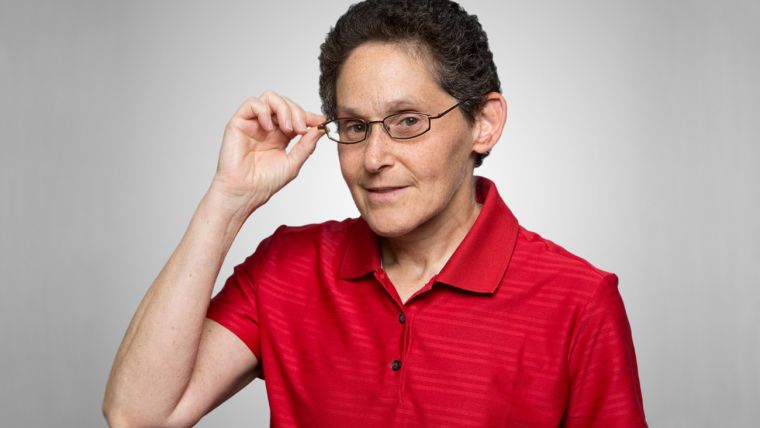Rethinking the Geospatial Competition
I see requests for participation in geospatial competitions all the time. Professionals and students are invited to produce maps and apps and win recognitions and/or prizes. One type of contest features a geospatial technology company’s development platform. Participants have a time limit, hours to months, to build an app or map. While sometimes there are guidelines on what kind of app or map is to be submitted, most contests are free-for-alls and competitors can build whatever they choose. Companies host such events to gain users, generate marketing content and/or develop products that result in revenue.
There’s a second type of competition that I see less often. It asks participants to solve a very specific problem. Here’s a current example. The government of Indonesia is offering US$1 million to find the most efficient way to map Indonesia’s peatlands. The Indonesian Peat Prize was announced in February and registration and qualification is open until May. Peat, a deposit of dead plant material, holds a substantial amount of carbon. Clearing, wildfires and climate change cause peatlands to release that carbon. The bottom line is that for Indonesia to manage its peat and its carbon emissions, it needs good peat maps.
These two types of competitions might be thought of as “solutions in search of problems” and “problems in search of solutions,” respectively.
Solution in Search of a Problem
I was invited to be a judge for a location platform contest back in 2010. The Location Wild app competition challenged developers to build a location-based app in a week. Participants could use any location platform they chose. The winner received US$2,500 and an iPad. The handful of submissions were rather weak. Reality, the sponsor, was trying to promote its own LBS platform. I don’t think it worked out; I can no longer find Nakd Reality on the Web.
“Solution in Search of a Problem” competitions can involve quite a few decisions. The participants in Location Wild had to choose a platform, a location and a scenario before they even wrote any code! Further, the freedom in these contests can lead to some unexpected winners. A winning app from 2015 used geocoding and routing to automatically let someone know when they’re running late.
Problem in Search of a Solution
The rationale behind a “Problem in Search of Solution” contest is finding one or more solutions. The focus puts the participants on a more level playing field than a “free-for-all” and, if there are successful projects, there’s a chance for positive change.
I did not find a single problem-based competition in the latest update of an online magazine’s GIS and map contests roundup. The listings did include two contests where specific data must be used, three that required making a map and one that required using a commercial mapping platform. That said, a variety of US government agencies, civic organizations and others host problem-based tech challenges that can involve geospatial solutions, but do not market them specifically in our space.
I want to advocate for more problem-based geospatial competitions.
A New Vision
I’m going to unapologetically steal an idea from Azavea, a well-regarded GIS consultancy based in Philadelphia. The company runs the Summer of Maps program. Selected college and graduate students are paired up with local and national nonprofits to tackle real-world geospatial problems. Azavea and other program sponsors pay each student fellow a stipend. What if contest hosts started to think like Azavea?
Organizations considering geospatial contests could reach out to nonprofit, humanitarian or other community groups for spatial problems. Submissions would need to be vetted and matched with corporate goals, but I suspect that’s doable.
While I can’t be sure these contests would result in more entries, more long term users or put more money in corporate coffers, I hope they’d do at least as well as “free-for-alls.” I do believe the marketing content would be more compelling!
Competitions Will Remain
I have no doubt app and mapping competitions will be with us for quite some time. I do hope organizations will consider tweaking competition rules to serve others as well as themselves.
This article was published in GIS Professional April 2016

Value staying current with geomatics?
Stay on the map with our expertly curated newsletters.
We provide educational insights, industry updates, and inspiring stories to help you learn, grow, and reach your full potential in your field. Don't miss out - subscribe today and ensure you're always informed, educated, and inspired.
Choose your newsletter(s)
























